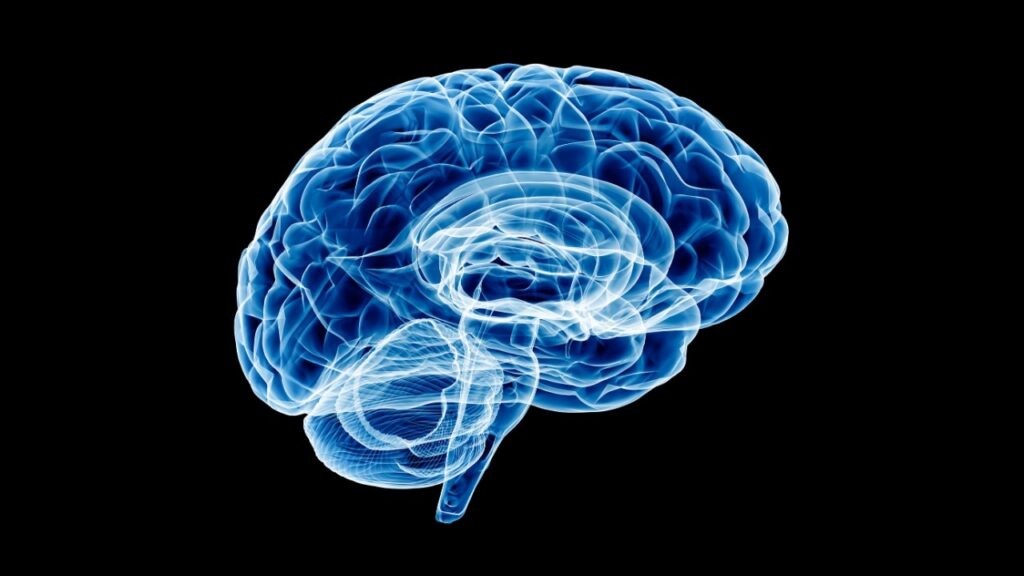Colorectal cancer is the third most common type of cancer; unfortunately, it’s on the rise. But while scary, this doesn’t mean a diagnosis automatically means death. With early diagnosis and access to advanced treatments, there are more ways than ever to fight back against colorectal cancers – giving those diagnosed with the disease a better chance at life.
In this blog post, we’ll explore what you need to know about colorectal cancer: how it’s diagnosed, what treatment options exist, and lifestyle changes that may improve your prognosis. Read on for all the latest information on diagnosing and treating colorectal cancer – so you’re armed with knowledge should you or someone in your family ever encounter this disease.
The Role of Endoscopic Procedures
Endoscopic procedures play a more significant role in diagnosing colorectal cancer every day. When done by professionals with extensive experience, these treatments can identify cancer in its initial stages, often before its spread, and treatment is still available.
Moreover, they can also provide critical information about the extent and severity of a patient’s cancer. As such, endoscopy has become the cornerstone of a comprehensive diagnostic approach, allowing doctors to review tissue samples, determine the appropriate course of treatments, and monitor patients for any signs that their care plan needs to be adjusted.
Treatments for Colorectal Cancer
Treating Colorectal Cancer is a complex and challenging process. When it comes to treating this potentially deadly disease, there are life-saving options available. Chemotherapy can be used when tumors are too large to remove surgically. It works by targeting rapidly dividing cells which can help to reduce tumors significantly.
Radiotherapy is also an option, and it can help to shrink the size of a tumor before or after surgery. Though these treatments may appear daunting and disruptive to day-to-day life, they can often alleviate symptoms and save lives when used correctly.
Taking Steps Toward Prevention
Nothing can be more important than early diagnosis when preventing and treating diseases. That’s why regular screenings for colorectal cancer are critical if you want to ensure that this potentially devastating illness can be stopped in its tracks. Fortunately, we can make many easy lifestyle changes today to further decrease our risk of colorectal cancer. Also, take note of early signs of colorectal cancer such as blood in stool, unexpected weight loss, stomach ache, etc. For any guidance and treatment, you can consult experts for blood in stools treatment in Singapore.
Additionally, exercising a few times a week can reduce inflammation, improve emotional health and ultimately help our bodies fight against any potential malignancy. Taking these five steps towards prevention – screenings, diet, and exercise – could save your life or the life of someone you love.
Coping with a Cancer Diagnosis
After being diagnosed with colorectal cancer, individuals may feel overwhelmed and worried about their future. It is essential to have a robust family and friends support system during this time. In addition to emotional support, supportive care services are available that help individuals cope with the various aspects of a cancer diagnosis, such as pain management, nutrition help, finding community resources, contacting professional doctors, and managing financial concerns.
Seeking out supportive care can aid in helping maintain the emotional well-being of any person facing colorectal cancer. By actively tending to one’s self-care and utilizing supportive measures such as those provided by supportive care services, individuals can better cope with the looming diagnosis for a more hopeful outcome.
Conclusion:
To wrap up, diagnosing and treating colorectal cancer is a journey that should not be taken lightly. For early-stage diagnosis and treatment, it requires dedication and commitment from both care providers and patients. It may also require lifestyle changes as part of prescribed treatments. The results can be gratifying through diligence and patience if caught early enough.


